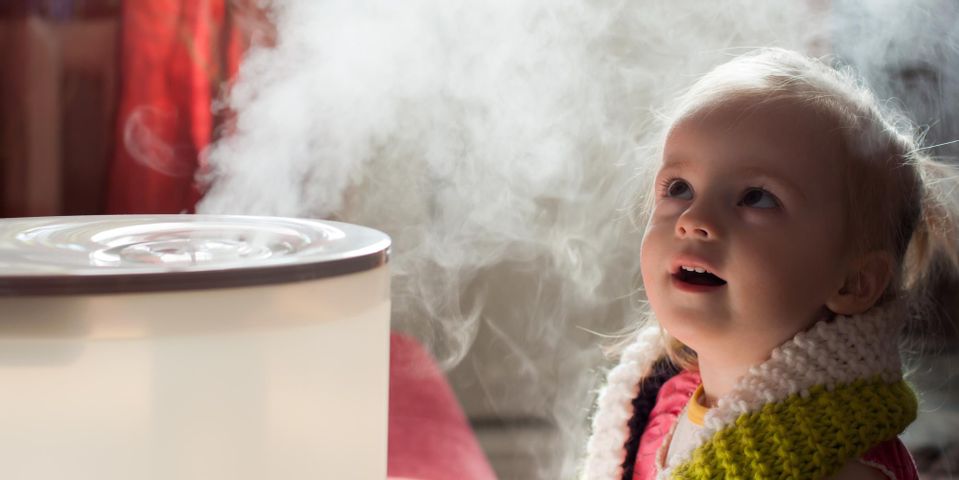
In basic terms, humidity is the level of moisture in the air. When it’s especially low or high, it can make it more difficult for you to breathe comfortably, and it can even lead to the circulation of contaminants like bacteria or mold. While you cannot control the humidity levels outdoors, you can take steps to improve the quality of air inside your home. Here’s what you should know about your home’s humidity and the HVAC upgrades that can improve your indoor air quality.
The Link Between Humidity, HVAC Systems & Indoor Air Quality
How Humidity Impacts Air Quality
 Low humidity is when there is hardly any moisture in the air. This normally occurs during winter. These conditions dry out your eyes, nose, mouth, throat, and skin. High humidity, which normally occurs in the summer, leads to heavier air that is more difficult to breathe in. It also can contribute to mold and bacteria growth around your home. Those microscopic organisms circulate through your HVAC system and irritate those with allergies, asthma, or other respiratory issues.
Low humidity is when there is hardly any moisture in the air. This normally occurs during winter. These conditions dry out your eyes, nose, mouth, throat, and skin. High humidity, which normally occurs in the summer, leads to heavier air that is more difficult to breathe in. It also can contribute to mold and bacteria growth around your home. Those microscopic organisms circulate through your HVAC system and irritate those with allergies, asthma, or other respiratory issues.
How to Control Your Home’s Humidity
Since there are issues that arise when levels are either too low or too high, your goal should be to maintain moderate humidity in your home throughout the year. In the winter, that normally means running a humidifier to add moisture to the air. In the summer, air conditioning removes moisture. Talk to your HVAC contractor about having these items added to your system, so they can run throughout the entire house.
If you’re looking to improve the air quality in your home, call the professionals at David’s Heating & Cooling in Bolivar, MO. Serving all of Southwest Missouri, the HVAC company provides repairs, maintenance, and installation for high quality Trane® heating and cooling systems. The company has a master’s license in heating and air, and all technicians are NATE-certified®. Schedule an appointment online or call (417) 326-4822 to request immediate service.
About the Business
Have a question? Ask the experts!
Send your question

